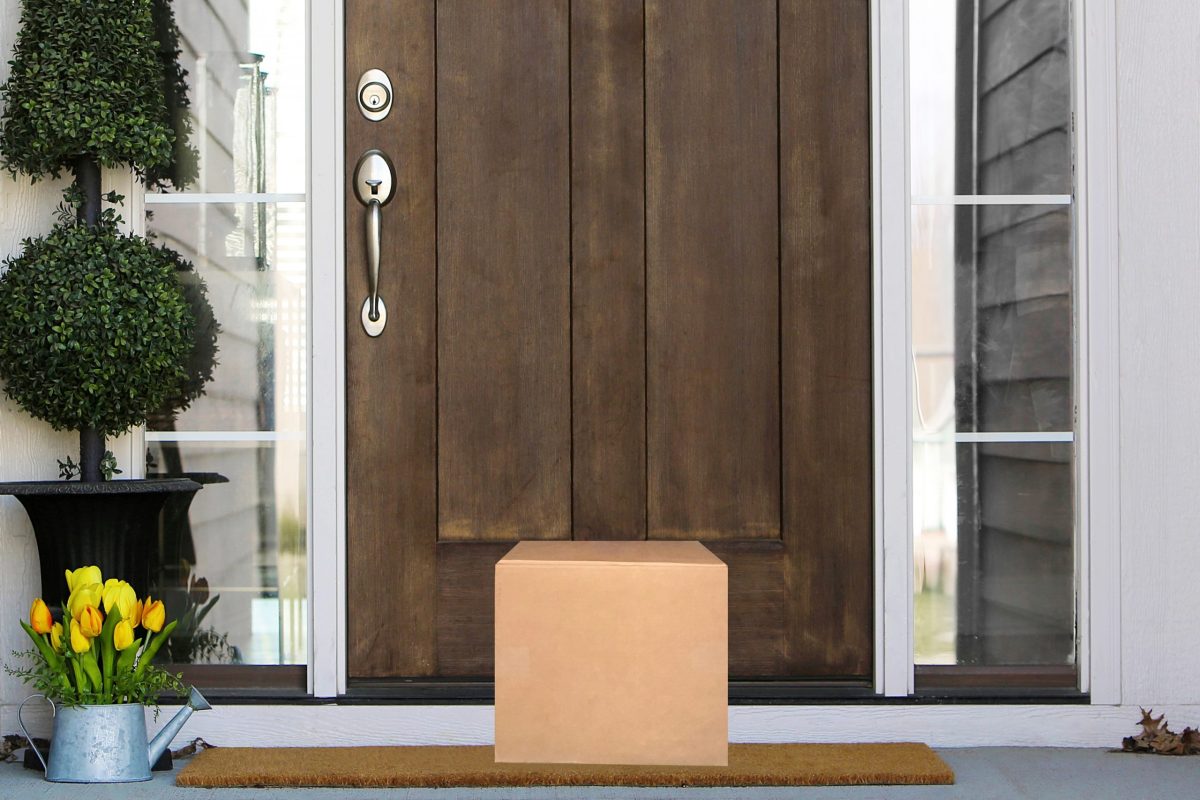It’s no secret that the economic and social lockdown has pushed Aussies online. Australian ecommerce penetration, which has traditionally lagged behind more developed markets such as the US and UK, has effectively advanced by a year for each week of lockdown. Online retail accounted for more than one in every five dollars spent on non-food goods in April.
Whilst we expect this astronomical growth to slow somewhat as bricks-and-mortar stores reopen, new consumers who have been exposed to the convenience of online shopping are unlikely to completely shun it now.
For consumers, convenience, choice and price have always come first. Now, with more consumers shopping online than ever before, expectations are rising and ecommerce retailers that can meet these will come out on top. Retailers that can wow customers with rapid delivery times are going to be preferred over those that cannot.
Typically, only retailers with the deepest pockets have been able to build order fulfilment processes to enable same-day delivery. However, technology is now catching up and levelling the playing field for small, specialist retailers to compete on customer service.
State-of-the-art plumbing should be available to all
It may feel like boring plumbing work, but the power to offer faster, more efficient, and more cost-effective deliveries is a crucial step to building a loyal customer base. Traditionally, however, retailers that have recognised the need to invest in logistics have only had two options. Taking on the risk of investing in your own warehousing operation requires capital that could otherwise be deployed to inventory or sales and marketing to expand the business. The alternative is to work with a logistics partner, which does not require a big capital outlay for retailers as this care is taken care of by the 3PL, however some 3PL’s are expensive because of low tech manual operations and lack of automation. Low tech, manual 3PL’s typically struggle to provide the flexibility to scale up and down, in line with the demands of the retail calendar.
All ecommerce operators will be aware of the immense advancements in robotics which, pioneered by the likes of Amazon, have created the same-day demand that customers now expect. Combined with clever algorithms and working in tandem with people who pack orders, Autonomous Mobile Robots (AMRs) not only increase the speed, efficiency and accuracy of order picking, but also continually re-arrange inventory storage within fulfilment centres based on incoming data and orders to optimise future orders too.
What is less well known is how accessible this technology has now become to retailers of all sizes, even for specialised retailers offering a narrow product range or entrepreneurs setting up their own online business. For these ambitious scaling companies, capital is often scarce and investment in warehousing space or significant vendor contracts is out of the question. Just as developments such as cloud technology enable ecommerce retailers to build incredible digital services for customers cheaply, it’s about time someone democratised access to this sort of logistics infrastructure.
Knowing your customer is a full time job, so reduce your distractions
From my experience working with complex ecommerce platforms like Kogan.com, to specialised retailers such as MTB Direct, through to one-product businesses selling something as small as a phone cover, I’ve seen how much passion goes into thinking about what the customer wants. But fulfilling the orders themselves is something that these firms would happily leave to someone else.
eStore Logistics’ home-grown solution enables Aussie ecommerce operators to pay only for the warehouse space they want, and have access order fulfilment, powered by advanced robotics and AI, that can be dialled up and down when they need. This technology means that ecommerce retailers can offer same-day delivery as late as 4pm each day, keeping customer satisfaction high even around key sales holidays such as Christmas and Black Friday. This also means that businesses can grow without taking on the risk of their own warehousing operation. Perhaps more importantly, it frees up great companies to focus their time and effort on matching rapidly evolving customer demands.
In a complex economic environment where customers are expecting more for less, and with downward pressure on disposable income, ecommerce retailers that can keep ahead of competitors on customer satisfaction are going to come out on top.
Leigh Williams is founder of eStore Logistics

